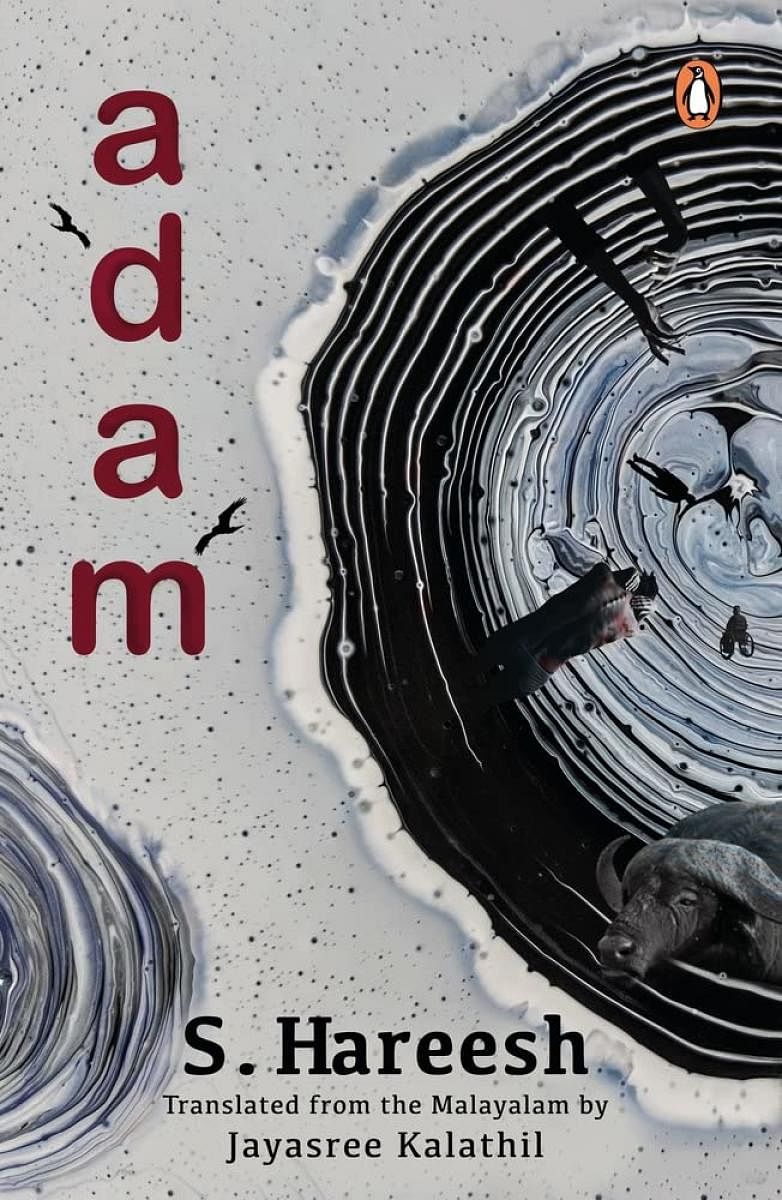
Long after you put down S Hareesh’s short story collection ‘Adam’, whose translation into English became available recently, pictures of culverts, canals, the earthy scents of trees and plants, and houses reflecting both status and identity will linger in your head.
Of course, the stories with smells and sensations unique to the Kerala landscape won’t be entirely unfamiliar to a south Indian reader, not least because ‘Maoist’, one of the stories in the collection, became a blockbuster movie with the title ‘Jallikattu’. Besides, translator Jayasri Kalathil has retained the unique flavour of the language by deftly transporting the Malayalam diction and syntax, resisting the urge to overdo and nauseate the reader.
All the nine stories, as author Namita Gokhale mentions in her praise for the book, are “brilliant constellations” of lives couched in locales that provide a perfect backdrop to the action. Adam, the book’s title story, for instance, examines people from the point of view of four dogs that end up in four different places from their mother’s owner Kuruppu. Adam, the fiercest of the Belgian Malinois Noor’s puppy which Kuruppu retains to be his own, ends up with his half-brother and eventually on the streets, while the other puppy Victor wins accolades at the police force after his formal training to be a canine cop. We understand the transience of puppy love from Candy’s abandonment by his owner, who shifts his affections to his wife and children and leaves the animal with the local vet.
‘Maoist’ in particular is exhilarating, bordering on the slapstick, sending readers into paroxysms of laughter and frustration and making them admire the beasts that find not-too-unbelievable ways of escaping their captors and resentment toward people in that little town who never thought twice before inflicting injuries and displaying cruelty towards creatures that serve them.
Fascinating interplay
What adds to the funny feeling is the preoccupations of each character, evident from the beginning when Prabhakaran finds the town butcher at the door instead of the police, while Kuriachan, the local dignitary, frets over the prospect of not having the buffalo meat he wanted to serve the family of the prospective groom during his daughter’s engagement.
Among the trail of destruction, much to the town folks’ delight, was the orchestrated torching of the cooperative bank that was about to collect some debts.
If ‘Maoist’ is about the animals’ struggle to survive the cruelties of humans, the story ‘Kavyamela’ is an amalgam of desire, temptation, breaking of trust and deception. You can’t help wondering if Soordas and his girlfriend Vidya, both blind, are poked and prodded emotionally like cattle driven to the abattoir.
As if voyeurism wasn’t ugly enough, we see ‘storyteller’ Vasuvannan breaking almost every aspect of trust in a relationship, shockingly revealing himself to be nothing more than a conman, mild-mannered or not. Everything else about the man, including his supposed respect for the blind, would seem like a pretence, given what he ends up doing to Soordas and Vidya.
The stories in ‘Adam’ are shocking in revealing the way human beings delight in evil. But it is the interplay that is most entertaining, whether it is between human beings or between people and animals.